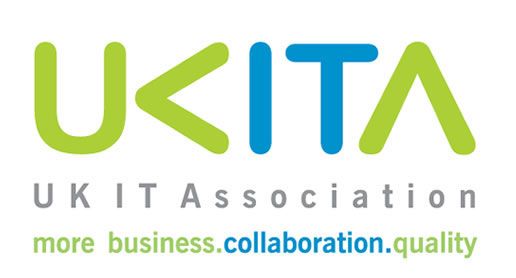News -
Smart Cities or Just Data-Hungry.
- Interactive Connectivity Key
- Gap for SME's to exploit?
- "Internet of Things" becoming reality
The news that telecoms firms globally will be making more money from data revenues than from traditional telephony by 2018 will not come as a revelation to many. Yet the lack of technology standards may prove to be a barrier to the connectivity of devices.
Japan became the first country where data revenue passed voice revenue in 2012, driven by unmatched broadband services across the country. Rather surprisingly they are going to be followed this year by Argentina, with Britain and the US expected to follow in 2014 and Kenya and other emerging economies from 2016 onwards.
Among the projects that were revealed at the Global Mobile Congress that was held in Barcelona on the 25th February is a blood sugar monitor that can detect changes to blood suger through the skin and will help diabetics manage the condition better. This is just one of many health projects that are projected to reduce health costs by €305billion (£262billion) amongst members of the Organisation for Economic Co-Operation and Development. Greater use of connectivity could also save over one million lives in sub-Saharan Africa by 2017.
Other innovations on display included systems to allow you to remotely lock your door, automated pet feeding machines and a robot that could teach children to read.
Yet as cities become more network connected through a range of new devices which communicate through the internet there is a big question of whether these “connected cities” will truly be using interconnected devices or if it just be an increase in the number individual devices with internet connectivity.
“There are several standards bodies that are starting to work on smart city standards, but this work is at a very early stage, such as identifying use cases, and identifying exact requirements for interoperability,” said Svetlana Grant, director of smart cites with GSMA’s Connected Living Programme, “the applications are currently extremely fragmented, because there is no clear standardisation method.”
To try to prevent the date-explosion becoming just a feeding frenzy for individual devices the European Commission announced last year that €365million (£314million) had been set aside for the development of urban technology. Two projects that are hoped to push the idea of a smart city forward, with true interconnectivity, are a push to making cars more connected to each other and devices to improve road safety and traffic management, and by using connected technologies to make cities cleaner by improving energy efficiency.
Initiatives such as these are going to be needed to drive the concept of a true “smart-city”.
Topics
- Corporate Information
Regions
- England
